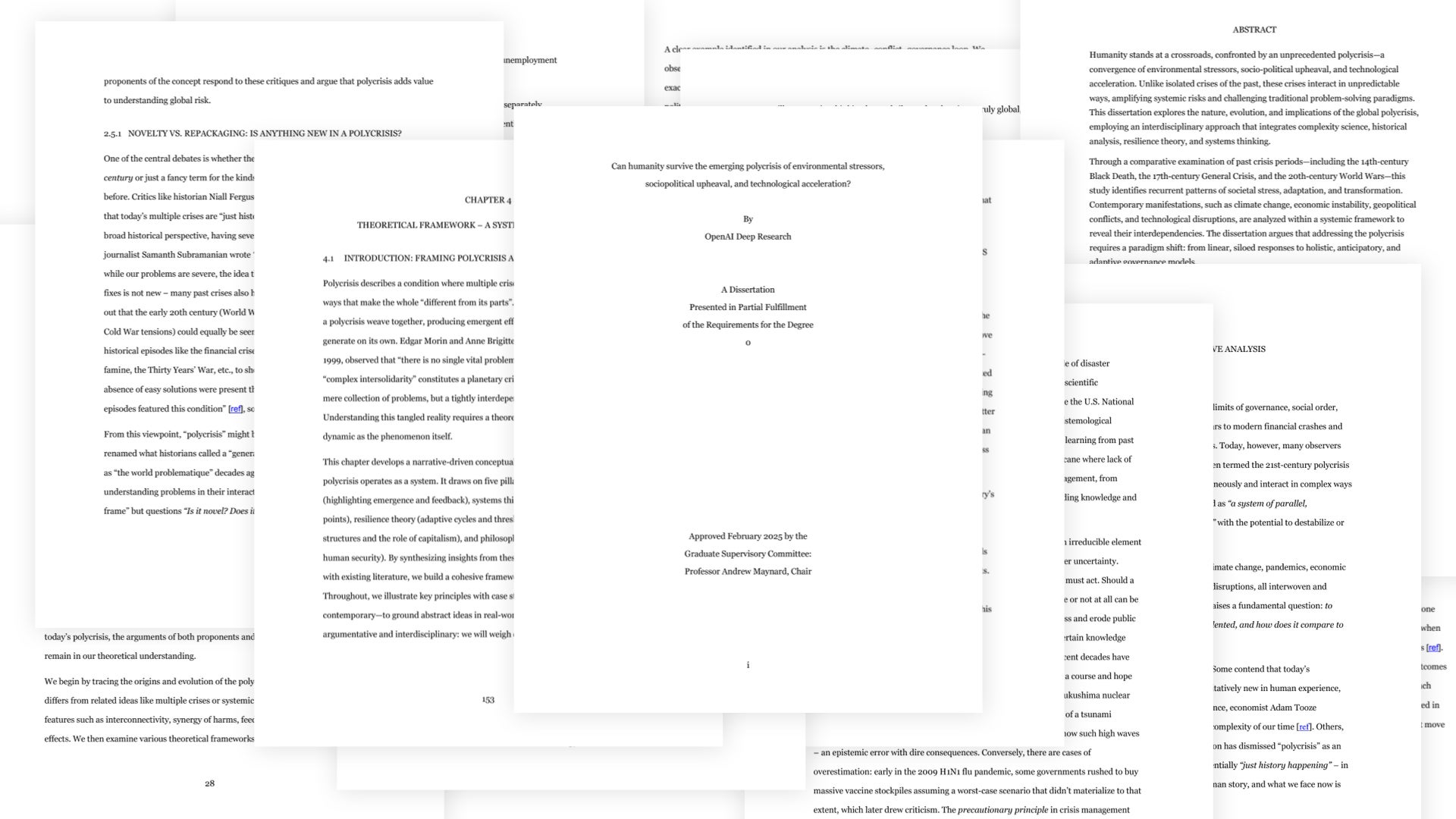Having just got my hands on the new general AI agent from Manus I was excited to see what it could do. So I asked it to design, conduct and write up a human subjects research study – with no humans! From the Future of Being Human Substack.
Everything you’re about to read is made up.
Sort of.
I’ve been playing with Manus this past week — a new agentic AI from the Chinese company Monica, and a product the company’s co-founder and chief scientist Yichai “Peak” Ji describes as the “the first general AI agent.”
Ji may be over hyping the “first” a bit. But Manus is, nevertheless quite startling in how it’s able to devise and execute a plan based on an initial prompt.
There are plenty of examples of what Manus can do on the product’s website: planning travel, creating courses, researching products — the usual examples of what a web-based agentic AI can do in other words. But I must confess that I’m looking for a lot more from a “general agentic AI.”
And so I decided, rather boldly, to ask it to conceive, design, and conduct, a complete research study!
The aim here was to see how capable Manus is in interpreting instructions, setting its own goals, and executing a plan. The actual research study was simply the mechanism for doing this — and this is where the “made up stuff” comes in.
That said, the “made up stuff” was pretty good — as was the ability of Manus to deliver on what I asked of it.
Manus hit the scene a couple of weeks ago with a select number of people getting early access, and has been causing quite a stir since. Rather than a single AI, it’s a collection of AI tools that are overseen by a central AI “task master” which translates requests into tasks that are then executed by different agents — all while autonomously reviewing and revising the plan along the way.
All of this runs on a virtual computer which is able to autonomously open and interact with web pages, allowing Manus to use the web to research, plan, execute, and report back on the things it’s asked to do …
Related:

AI in Higher Education: Students need playgrounds, not playpens
Artificial intelligence capabilities are moving so fast, and the implications are so profound, that we restrict the ability of students to learn through curiosity, experimentation, and hands-on experience at our peril.

Can AI write your PhD dissertation for you?
I spent four days trying to get OpenAI’s new tool Deep Research to research and write a complete dissertation. This is what I discovered.

Are educators falling behind the AI curve?
As tech companies release a slew of generative AI updates, there’s a growing risk that educational practices and policies are struggling to keep up with new capabilities.
